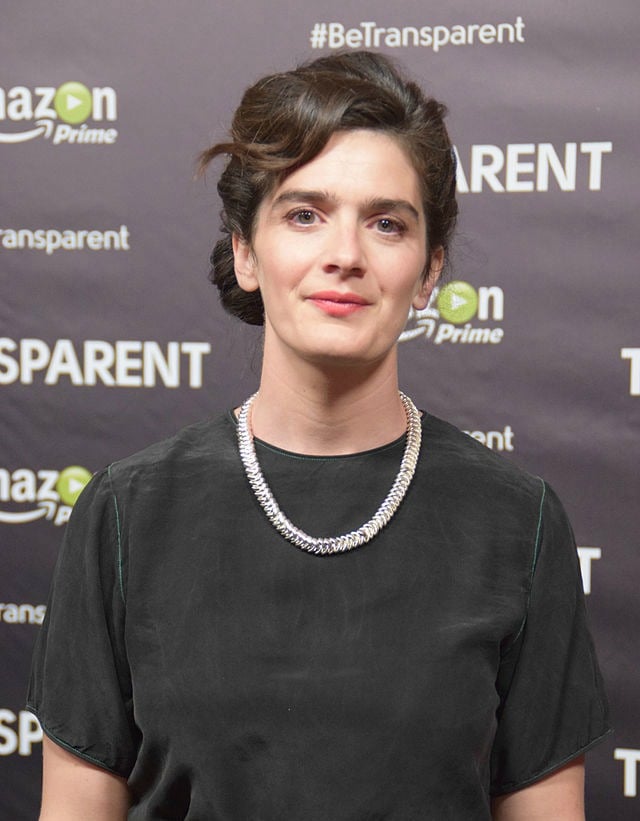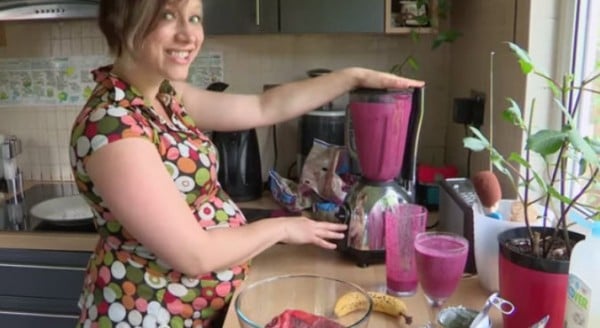
Blend it in your smoothie, cook it in lasagna or even dehydrate it and pop it into pills… how do you like your placenta served?
An increasingly popular “superfood” that promises to protect against postpartum depression, it seems like people just can’t get enough of placenta lately.
Kourtney Kardashian is a big fan, January Jones has said it gave her “so much energy” and Alicia Silverstone was “really sad” when her placenta pills were finished.
RELATED: Now placenta is being used as a hair treatment
But a new study has found that not only does eating the placenta (or “placentophagy”) offer no proven, science-backed health benefits, it could also be dangerous. (Post continues after gallery.)
Celebrities who have eaten their placenta.


